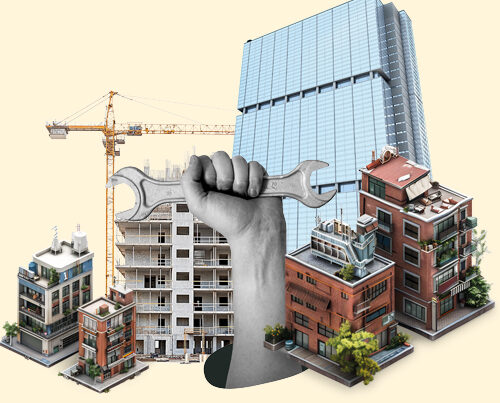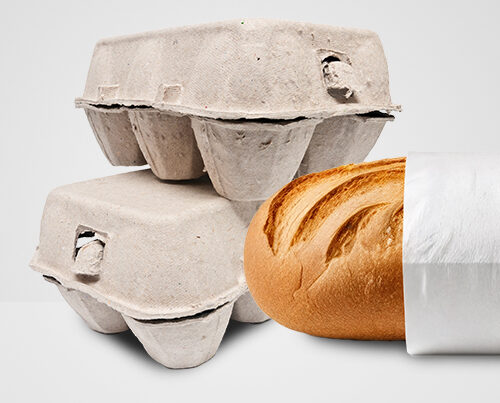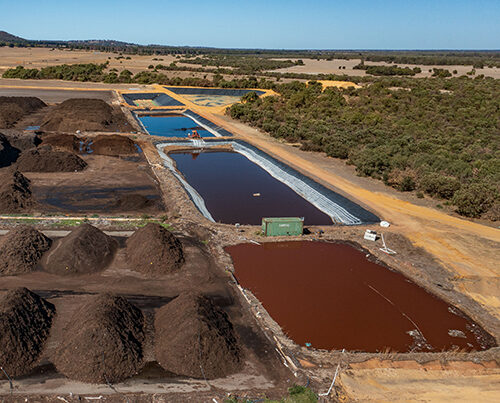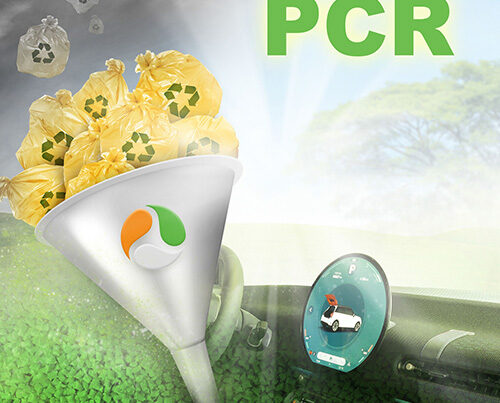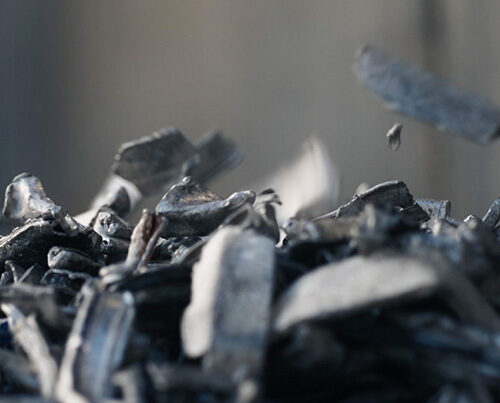The Germans are rumoured to be particularly fond of complex ordinances and laws. And if you take a look at the names given to some of their laws and ordinances then there may well be some truth in such rumours. The ‘Grundstücksverkehrsgenehmigungszuständigkeitsübertragungsverordnung’ [regulation on the delegation of authority concerning land conveyance permissions] and the ‘Rindfleischetikettierungsüberwachungsaufgabenübertragungsgesetz’ [law on the delegation of supervision duties concerning beef labelling] are two of the most famous but by no means the only ones.
While these two laws have since been renamed, they – as indeed many other regulations – still require a lot of explanation. For example the new ‘Ersatzbaustoffverordnung’ [Substitute Building Materials Ordinance] which will apply across the whole of the country. Its name might not be quite so long but it is most certainly not insignificant.
And so the EBV regulates the use of IBAA from WtE plants …
From 01 August 2023, the so-called EBV – Germans are said to like using abbreviations and acronyms as well – introduces some major changes on how substitute mineral building materials may be used in technical structures. It stipulates, for example, how these materials may be integrated into such structures (something that depends on the local conditions) and specifies different material classes.
This applies to a wide range of materials including soils, recycled construction materials and recycled industrial waste as well as recycled ash and/or slag from waste-to-energy (WtE) plants incinerating household waste – so-called incinerator bottom ash aggregate (IBAA).
Germany’s Substitute Building Materials Ordinance has also set out many tasks for recycling businesses: more than 2,600 plants processing building waste, for example, will have to present new certificates proving that their business is suitable for such work.
The EBV, Germany’s Substitute Building Materials Ordinance, can also be considered in a larger context: politicians have been working on the so-called Mantelverordnung (short name: Umbrella Ordinance; full title: Ordinance introducing a Substitute Building Materials Ordinance, redrafting the Federal Soil Protection and Contaminated Sites Ordinance and amending the Landfill Ordinance and the Commercial Waste Ordinance) for around 16 years. The EBV stipulates how substitute mineral building materials may be produced and used in technical structures. It regulates the sampling and inspection of unprocessed soil material and specifies the requirements concerning the separate collection of mineral waste removed from engineering structures. It does not apply to the use of substitute mineral building materials in landfill construction projects; this particular use continues to be regulated by the Landfill Ordinance. The substitute mineral building materials regulations currently in force in the individual German states shall become null and void when the EBV becomes valid on 01 August 2023.
A new user guide

REMEX has now brought out a practical guide to help all those who may be directly or indirectly affected by the EBV (e.g. the construction sector and public authorities) so that they don’t get tied up in the legalese. Besides explaining the ordinance’s new regulations, this user manual also takes a look at construction details and gives some important tips so that people don’t accidentally break some of the rules.
This 326-page handbook focuses on the substitute mineral building materials used in road-building and earthworks projects, ordering them according to how much and how often they are used. This allows users to find their material classes and, consequently, their potential areas of use in no time at all: engineers, planners and building managers working at companies or at local authorities have a list of all the fundamentals at their fingertips whenever they need them. The handbook is available in printed form, as a web application and, from 2023, also as an app.
In addition to this guide, REMEX also offers many other tools, media and services to give anyone using substitute mineral building materials a helping hand. Find out more at ebv.remex.de and meb-services.de, the online EBV guide.

REMEX GmbH specialises in the professional management of mineral waste and the recovery of resources contained in such materials. Based in Düsseldorf, the company operates in Europe and Asia. Both REMEX’s operations and those of its 30+ subsidiaries and associated companies cover the whole of the minerals management supply chain – from logistics, to processing, all the way through to recycling and disposal.
Its activities primarily focus on producing and supplying recycled aggregate and metals, performing remediation work, processing earths and soils, handling backfill material and managing landfills. Thanks to its recycling activities, REMEX is able to demonstrably reduce the consumption of gravel, sand and natural stone and improve the carbon footprint of metal producers. It is the leading company on the international stage when it comes to developing pioneering recycling technologies and is one of the largest manufacturers of secondary aggregate in Europe. REMEX belongs to the international REMONDIS Group.
Image credits: image 1: REMEX; image 2: Freepik: zlatko_plamenov; image 3: REMEX







